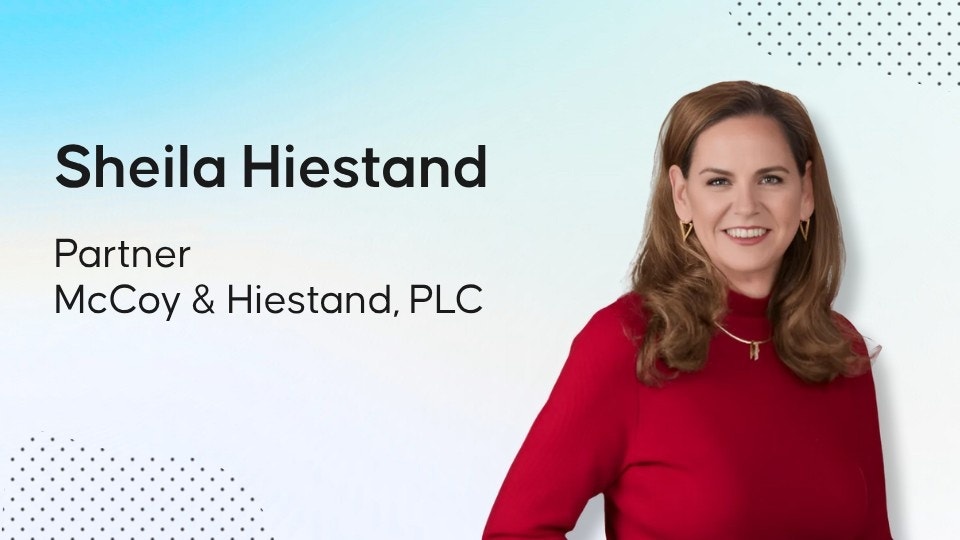Multi-cloud has been getting some buzz lately, but you may not know exactly what it is, how it works, or why it matters to you and your law firm. You may even be enjoying multi-cloud benefits without knowing it. For example, if you’re using Neos case management software, you already have the multi-cloud advantage in at least one area of your practice.
What is multi-cloud?
In simple terms, multi-cloud is exactly what it sounds like: multiple cloud hosting channels. At the base level, operating in the cloud means technologies and data are stored on outside servers accessible via your internet connection. Traditionally, the whole package was typically hosted by a single provider. So, if the server where your case management system resided went down, all of your tools and data would be unavailable until the issue was corrected.
That’s still how it works for most small businesses, including small and mid-sized law firms. In the past decade or so, enterprise companies have been shifting to multiple hosting systems to increase resilience. But, aggregating cloud providers can be challenging and expensive, even for large companies with significant resources. The barrier is even higher for firms that don’t have a dedicated IT department.
What’s the difference between multi-cloud and hybrid cloud?
Sometimes, the terms are used interchangeably, but they describe slightly different set-ups. Microsoft defines multi-cloud as the use of multiple public cloud servers and hybrid cloud as a combination of one or more cloud servers with local servers.
While both offer benefits, law firms directly employing a hybrid model can generally expect to expend more resources, since the firm must rely on either internal IT staff or a paid outside provider for maintenance.
Why does multi-cloud matter?
For IT providers working with cloud Infrastructure, multi-cloud is the tech version of not putting all your eggs in one basket. Some of the key benefits listed by respondents to the Microsoft survey include:
Improved ability to scale
More efficient use of resources
The ability to choose the cloud environment best suited to a particular purpose
Back-up options if there is a problem with one cloud server
For consumers of SaaS platforms and software, the impact manifests as your ability to leverage the best-in-class point solutions for specific tasks or workflows, regardless of where those platforms are hosted. This accomplishes a few things on your behalf, without your firm directly managing multiple (or any) cloud environments.
Some key gains in this strategy include:
Integrated experiences of best-in-class platforms that are fully independent outside of the integration
More personal choice in providers for supporting workflows of the core business
The ability for all of the integrated platforms in the ecosystem to work together, while also ensuring they are resilient to the downtime and performance issues of other systems in the ecosystem
For example, Neos case management software is powered by Microsoft Azure, but different workflows within the system run on different clouds. So, if any one of the many platforms in a multi-cloud ecosystem was to experience an outage, instead of being completely offline in these rare incidents, you’d occasionally be running with only one or a few of the workflows offline.
For instance, if your signature platform was offline, you’d be able to access your contacts and look up case details, but you’d be unable to send and receive e-signatures, since those e-signature workflows are hosted elsewhere, in their own cloud. The same would apply in Neos if Office365 was experiencing issues. All your case data and contact information would remain accessible, you would just temporarily be unable to access Microsoft-powered emails or appointments.
If the entire system were hosted on a single server, one failure would cut off all access. Because Neos workflows are spread across multiple cloud providers, it would take multiple simultaneous failures to shut the platform down. Neos also runs in four data centers across the US so if a regional outage occurred, the other data centers would keep everything up and running.
How can small and mid-sized law firms take advantage of multi-cloud?
The quickest, easiest, and most cost-effective way for most law firms to get the benefit of multi-cloud is to let someone else do the work. That means adding multi-cloud hosting to your checklist of things to look for in your case management system and other legal technology tools.
Law firms that want to expand their multi-cloud usage beyond what third-party providers have already constructed have another powerful tool at their disposal. One key challenge is the smooth integration of systems. Patching together a multi-cloud system on your own can cause slowdowns, since solutions that aren’t tightly integrated may lag in communicating with one another. That’s a complex problem for a small firm to solve. That’s where iPaaS (integration Platform as a Service) comes in.
A good iPaaS solution provides law firms and other businesses with a simplified means of integrating workflows and keeping systems updated, regardless of where those workflows are hosted.
Multi-cloud is the future – and Neos is already there
Larger companies are increasingly implementing multi-cloud solutions to improve efficiency and protect workflows. Smaller businesses, including law firms, often lag behind this type of innovation and lose out on benefits. With Neos, every law firm can step into that future today.
If your firm is interested in learning more about Neos, contact us for a demo or to learn more.




